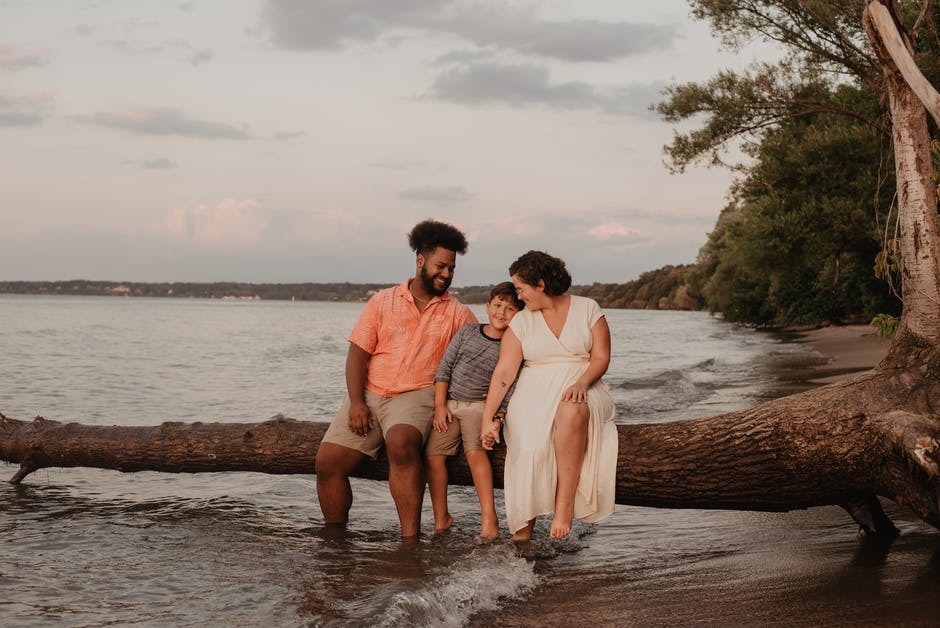Everyone faces moments in their relationships where they do not see eye to eye with the other person. Compromise usually resolves these issues. You might avoid certain behaviors or actions that previously caused problems in your relationships. However, in some cases, people develop maladaptive defense mechanisms. According to a book by StatPearls Publishing, “[T]he early identification of defense mechanisms can have great clinical significance.” Identifying defense mechanisms and processing the underlying causes can improve the effectiveness of treatments at Newport Beach Recovery Center.
What Are Defense Mechanisms?
The famous psychologists Sigmund and Anna Freud used the term “defense mechanism” to describe an unconscious process that protects the ego from internal or external stress. In modern psychology, defense mechanisms can indicate how a person may react to stressors and treatment. According to a study in Frontiers in Psychology, “More than half century of empirical research has demonstrated the impact of defensive functioning in psychological well-being, personality organization and treatment process-outcome.” How you automatically respond to pressure or stress within your environment often depends on what defenses you have developed.
Unconscious emotional defenses protect you by doing the following:
- Helping you avoid situations that can cause pain or discomfort
- Lessening the emotional impact of traumatic events
- Keeping you from fixating on things you cannot change or control
However, the majority of defense mechanisms are inherently maladaptive. Risk-taking behaviors like substance abuse often manifest as an unhealthy defense against stress. By entering into treatment, you can heal from substance use disorder (SUD) and work to create more positive coping skills.
Common Types of Defense Mechanisms
Most people have unconscious mechanisms they use to decrease stress or emotional pain. In some cases, they may play a significant role in your ability to function from day to day. However, they can also cause social and relationship issues. Everyone is unique. Your defenses might look very different from the ones other people use.
Some of the different types of defense mechanisms include:
- Acting out
- Avoidance
- Compensation
- Conversion
- Denial
- Displacement
- Humor
- Identification
- Intellectualization
- Isolation
- Projection
- Rationalization
- Regression
- Repression
- Sexualization
- Schizoid fantasy
- Splitting
- Sublimation
- Suppression
Many categories and sub-categories of defense mechanisms exist. You may unconsciously use some of these in your relationships to cope with stress related to recovery or other issues.
What Are Signs You Have Maladaptive Defense Mechanisms?
The cause and effects of defense mechanisms vary significantly from person to person. However, there are some noticeable signs that someone has a maladaptive defense against specific thoughts, feelings, behaviors, or situations. You may use unhealthy defense mechanisms if you do the following:
- Gaslight and manipulate others
- Act out
- Become dismissive or argumentative
- Self-isolate
- Project personal issues onto others
- Rationalize negative behaviors
- Deny negative behaviors and beliefs
Often defense mechanisms have a negative effect on social relationships. In many cases, adverse defenses play a role in the development of SUD. Treatment for SUD can help clients learn healthier ways to avoid stress. You do not have to continue relying on defense mechanisms that will decrease your quality of life.
How Do Defense Mechanisms Affect Social Interactions?
Most defense functions provide some distance between you and the people, thoughts, or situations that might cause you distress. Unfortunately, this can lead to aggressive behaviors, self-isolating, and manipulative tactics. If you often feel victimized, you may shut yourself off from emotional intimacy with loved ones. Also, if you lash out during stressful social situations, it can make it harder for you to form healthy attachments. Rehabilitation will give you the tools you need to overcome defensive urges by teaching you the following:
- Effective communication
- Establishing and respecting social boundaries
- Conflict resolution
- Essential life skills
- Mindfulness and grounding techniques
Once you have the skills in place to cope with your stress, you can begin to replace defense mechanisms with healthier behaviors.
How Can You Effectively Redirect Your Defenses?
Redirecting your thoughts or behaviors is one way to stop relying on unhelpful defense mechanisms. Your therapist can help you learn how to recognize defense mechanisms and their possible triggers. You can use that information to redirect your focus when you notice yourself slipping back into unhealthy thought patterns.
Some common ways people redirect their thoughts or behaviors include:
- Using mindfulness-based grounding techniques to focus on the present moment
- Focusing on positive experiences that directly contradict maladaptive thought patterns (a technique called thought-balancing)
- Mentally taking a step back and looking at a situation objectively to determine the best way forward
By healthily diverting your defense mechanisms, you open yourself up to healing. You’ll find yourself engaging with your emotions instead of stifling them. It may feel painful and difficult at first, but it’s an important part of getting better.
Take Back Control of Your Behaviors
Defense mechanisms can control your thoughts, beliefs, and behaviors. However, you can change them by processing whatever underlying issues caused them to manifest. The dedicated care team at Newport Beach Recovery Center can help you overwrite maladaptive defenses and replace them. You do not have to continue living with the consequences of unhealthy defense mechanisms.
Defense mechanisms often interfere with relationships. If you find yourself frequently experiencing conflict with loved ones, you might have maladaptive defense mechanisms. In many cases, they stop people from communicating effectively and connecting on a deeper level with the people around them. Conflict resolution is an important skill taught in every level of care at Newport Beach Recovery Center. We can help you find healthier ways to avoid emotional distress without resorting to maladaptive defense mechanisms. This will allow you to slowly open yourself up to underlying issues. No matter where you are in your recovery, our team will guide you through identifying and overcoming self-destructive patterns. To learn more, call our office today at (888) 850-0363.


